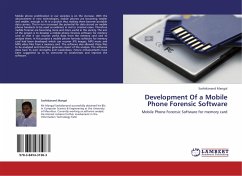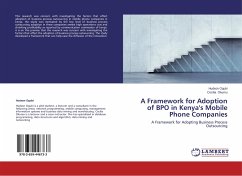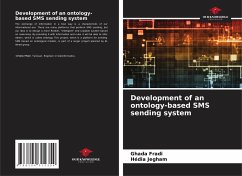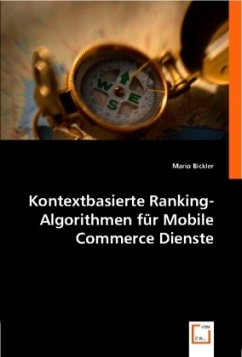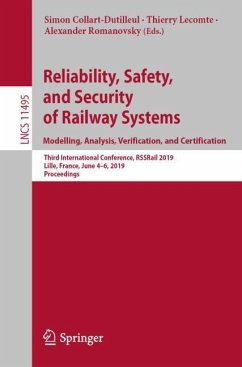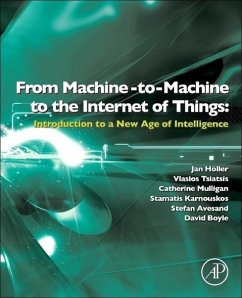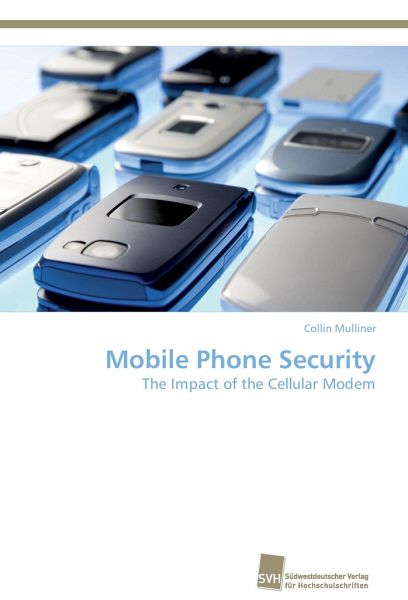
Mobile Phone Security
The Impact of the Cellular Modem
Versandkostenfrei!
Versandfertig in 6-10 Tagen
69,90 €
inkl. MwSt.

PAYBACK Punkte
0 °P sammeln!
Cellular communication and especially mobile handsets are an essential part of our daily lives. Therefore, they need to be secure and work reliably. But mobile handsets and cellular networks are highly complex systems and securing them is a challenging task. This work takes a new path for securing mobile handsets and targets the cellular modem as the route to improve the security of mobile handsets and cellular networks. We target the modem since it is one of the essential parts of a mobile handset. The modem provides the radio link to the cellular network therefore making it a key element in ...
Cellular communication and especially mobile handsets are an essential part of our daily lives. Therefore, they need to be secure and work reliably. But mobile handsets and cellular networks are highly complex systems and securing them is a challenging task. This work takes a new path for securing mobile handsets and targets the cellular modem as the route to improve the security of mobile handsets and cellular networks. We target the modem since it is one of the essential parts of a mobile handset. The modem provides the radio link to the cellular network therefore making it a key element in the task to secure mobile communications. But cellular modems are proprietary and closed systems that cannot be easily analyzed in the full or even modified to improve security. We investigate the security of the cellular modem at its border to the mobile phone operating system. In this work we analyze and improve the security of the cellular modem interface. We further show how the modem interface can be abused for attacks and how such attacks can be prevented. Throughout this work we show that the cellular modem has a significant impact on mobile phone security.





